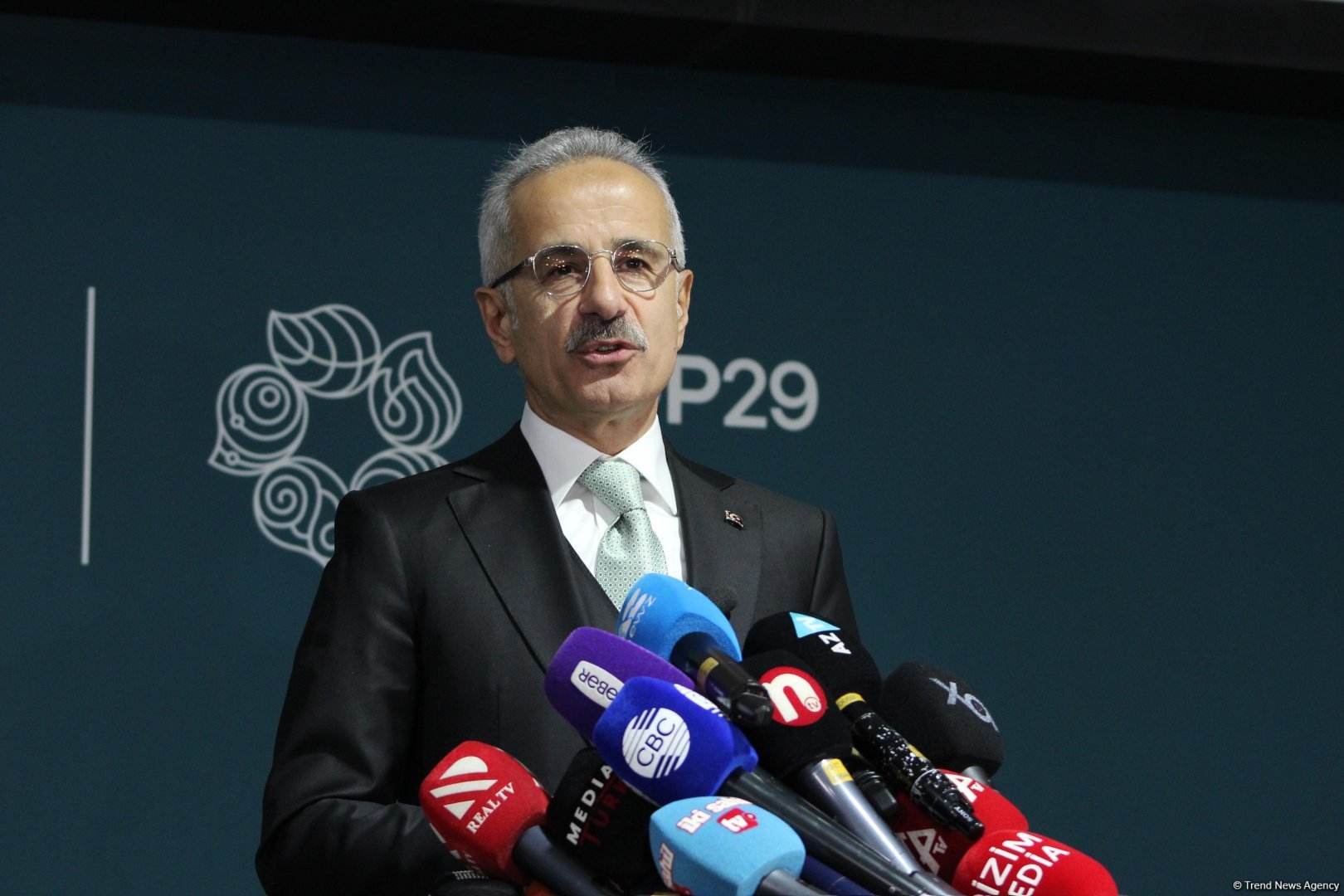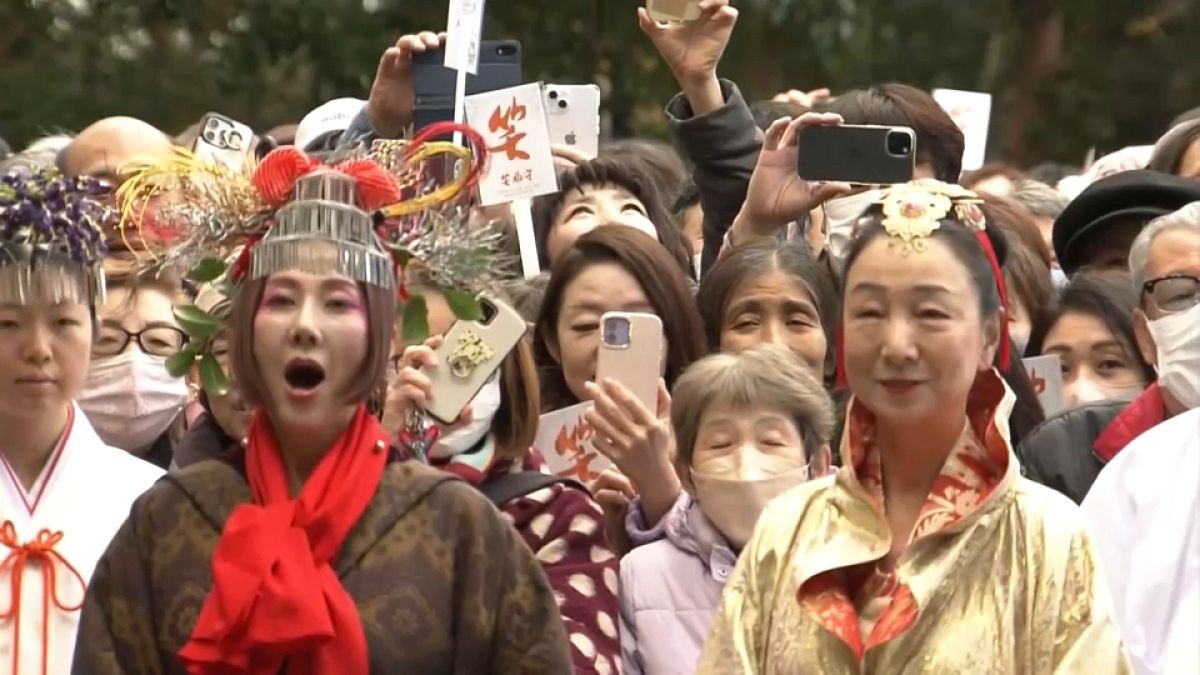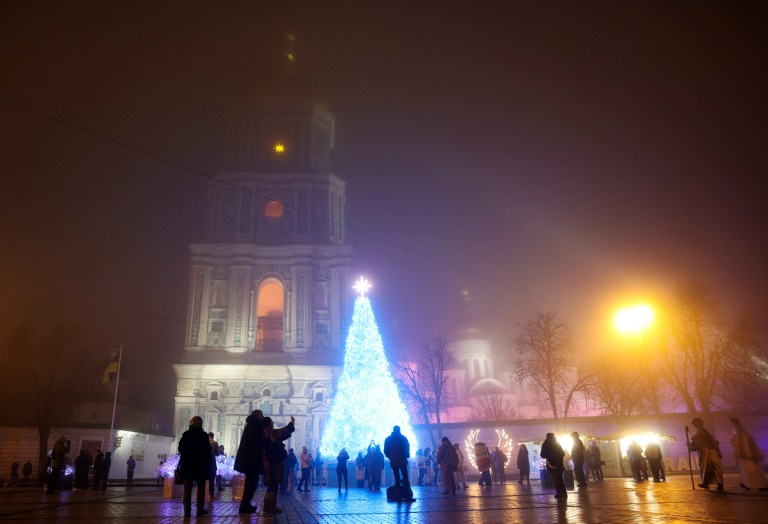Diamonds are set to star in the EU’s 12th round of Russia sanctions, amid concern the Gaza war should not eclipse ongoing aggression against Ukraine.
The Group of Seven (G7) Western states are poised to announce a Russia-diamond ban “in the very coming days”, a European diplomat told press in Brussels on Friday (20 October).
-
Hungarian prime minister Viktor Orbán (l) with Russian president Vladimir Putin in China this week (Photo: kremlin.ru)
“The system has been ready for a few weeks and now what we’re waiting for is the final G7 declaration to put it into words and confirm the will of the G7 to work with this system”, he added.
The G7-ban and its traceability protocols were crafted together with Belgium, which hosts the world’s biggest diamond-trading centre in Antwerp, and the European Commission.
Canada, France, Germany, Italy, Japan, the UK, and US (the G7) account for 70 percent of world diamond end-user demand.
And Belgium is fully on board to extend the G7 ban to the EU-27 as part of the next round of Russia sanctions, the European diplomat said, lifting the main obstacle to the move — which other EU states and Ukraine have wanted for over a year.
The EU commission is to start behind-closed-doors talks, called “confessionals”, with individual EU capitals this weekend or early next week on the 12th package of measures.
Lithuania and Poland have submitted detailed proposals. Estonia has also fleshed out ideas, in a process that could still take weeks to finalise.
The EU should ban new deals with Russian nuclear firm Rosatom, stop buying Russian uranium, liquid gas, and steel, Lithuania’s proposal said.
It should also block IT services for Russian firms and halt exports of laser technology, on top of any diamonds move, Vilnius said.
Rosatom, IT services, liquid gas, and diamonds headlined the Polish proposal, while Estonia is seeking a full trade embargo on Russia to stop sanctions circumvention.
Customs officials in Russia-bordering “transit” EU states can no longer cope with the burden of controlling exports of banned and non-banned items, Tallinn has argued.
EU foreign ministers meeting in Luxembourg on Monday will also discuss EU funds for Ukraine and using frozen Russian money to pay for war damage, as well as the Gaza war.
“We have to be aware there’s a strong Russian interest that this [Ukraine] crisis would fall in the shadow,” a second EU diplomat said in Brussels on Friday.
Hungarian prime minister Viktor Orbán has vetoed EU financial aid to Ukraine, because Kyiv blacklisted his top bank over its business ties to Russia.
But, as with diamonds, diplomats expected an imminent breakthrough after Kyiv agreed to back down.
“Hungary is saying some people linked to the sanctions are still on the [Ukraine] list and saying it wants guarantees this won’t happen again … there’s a lot going on behind the scenes,” the EU diplomat said.
Meanwhile, EU Council “working groups” have accelerated work on use of frozen Russian assets, diplomats added.
Belgium is also at the heart of EU efforts on this front, after it froze €125bn of Russian money managed by the Brussels-based Euroclear firm.
And it has proposed an EU approach based on Belgian law, which allows Belgian tax income arising from interest on frozen Russian money to be paid to Kyiv — a sum worth over €2.3bn in 2023 and 2024 in Belgium alone.
For his part, Orbán embarrassed the EU by shaking hands with Russian president Vladimir Putin in China on Tuesday.
He has also vetoed EU sanctions on Russian nuclear and energy industries and VIPs in the past.
“On the Orbán handshake there is no such point on the [EU foreign ministers’] agenda — what they [Orbán and Putin] discussed in the corridors is another matter,” the EU diplomat said.
In any case, the rapidly unfolding Gaza war will “take up most of the time” in Luxembourg on Monday, as EU countries also seek to send a united message on the Middle East, the diplomat predicted.
But for others, EU ministers should be talking about the Ukraine war and the Gaza war as two parts of one greater conflict instead of two parallel crises.
“It’s obvious that Russia and Iran have enflamed the Middle East together, and it’s just the beginning,” a third EU diplomat said, referring to Russia and Iran’s financial and political support for Hamas, the Palestinian group that attacked Israel on 7 October.
“If we linked one with the other then the next sanctions to befall Russia would be drastically more powerful, but the EU prefers to believe in fairy stories — that its existing sanctions regime is crippling Russia,” he said.
Russia kinks
Diamond exports are worth €4bn a year to the Kremlin and have symbolic value as a luxury icon.
The EU has also banned Russian oil and pipeline gas, banks, other trade worth over €130bn year, and blacklisted some 1,800 VIPs and entities in the previous 11 rounds of sanctions.
But even if the Russia diamond-ban is a shoe-in for the 12th round, the Lithuanian sanctions proposal, seen by EUobserver, exposed other kinks in the regime.
“There are still 77 critical components [used by the Russian military] that are available for Russia to access freely as these goods and technologies are not subject to EU sanctions,” it said.
“Latest expert reports suggest that both Iranian and Russian UAVs (namely Mohajer-6, Shahed-136 and Orlan) are manufactured from a broad array of components made in Western countries,” it added.
Russia has “unlimited access to cloud computing technologies, provided by companies located in EU and its allies’ jurisdictions,” it said.
And this meant “European own computing infrastructure is being used by Russia to attack thousands of cloud storages with life-saving information about aid, shelter, and evacuation procedures [in Ukraine],” via DDOS attacks.
Overlong Russian steel-import exemptions also “significantly distort the steel market in the EU in favour of Belgian and Italian companies,” Lithuania said.
Vilnius’ recommendations for “degrading of Russian industrial capacities” stretched to dozens of pages of minutiae.
The EU, in previous rounds, banned exports of toilets to Russia, prompting mockery of living standards under Putin, where many people don’t have ordinary mod cons.
The 12th round should also include a ban on EU exports of “radiators for central heating, non-electrically heated, and parts thereof,” (worth €49m last year) Lithuania said.
And it should ban even sales of “nails, tacks, drawing pins” and “sewing needles, knitting needles”, Vilnius said.





















Discussion about this post